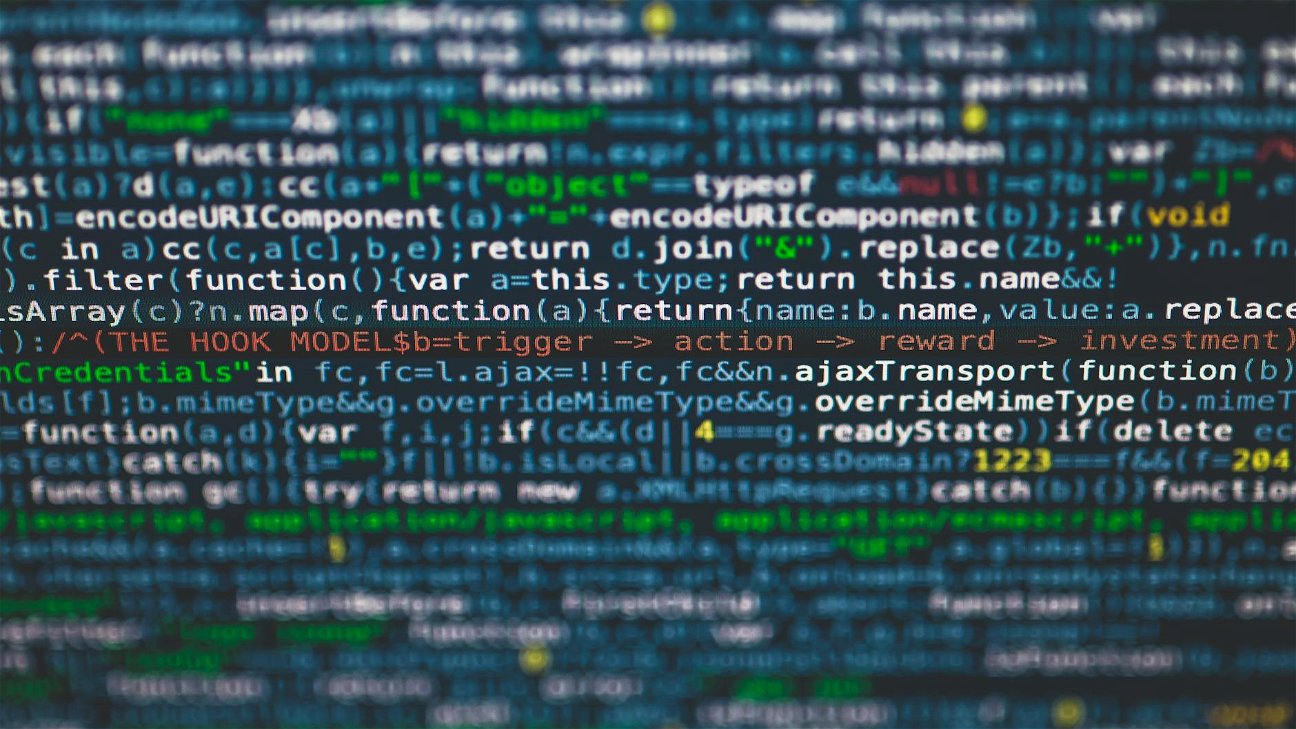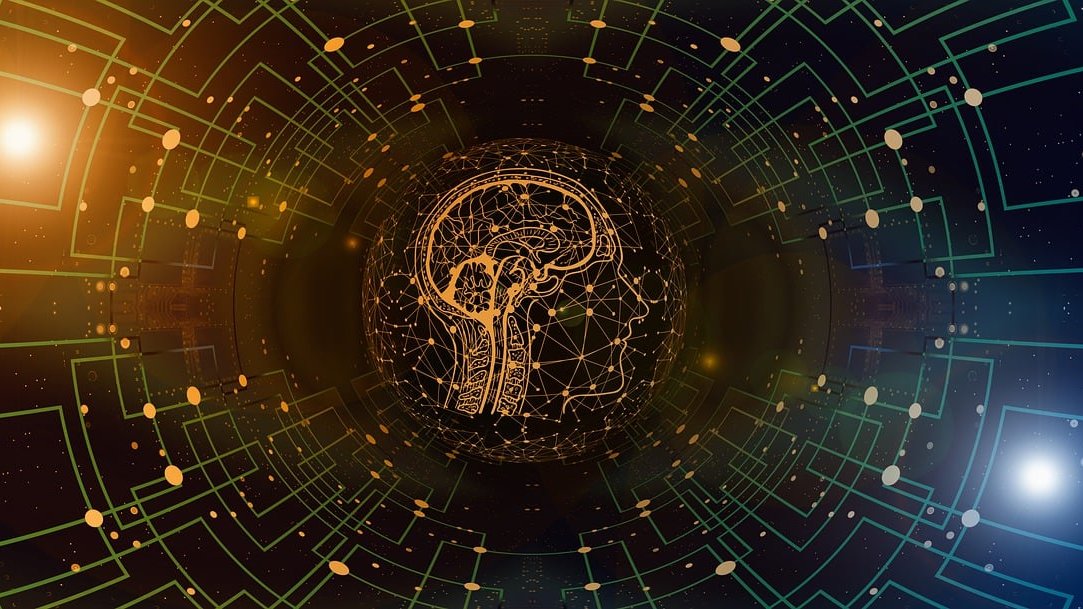
The world of cybersecurity is undergoing a paradigm shift with the advent of artificial intelligence (AI) and automation. High expenses associated with cybersecurity are a growing concern for enterprises, but AI promises to be a disruptive force that could significantly reduce these costs. From identifying cyber threats to predicting attacks and enhancing cloud security, AI's transformative potential in the cybersecurity landscape is immense.
The mounting cost of cybersecurity
The financial burden of cybersecurity is a pressing concern for businesses globally. With cyberattacks growing both in number and sophistication, enterprises find themselves investing a significant portion of their IT budgets - approximately 12% - into bolstering their cyber defenses. The imperative for robust cybersecurity measures leaves businesses with little room for compromise, even in times of lower growth. As such, there is a growing focus on potential solutions that could help manage these escalating costs, with AI and automation emerging as promising contenders.
AI's role in identifying cyber threats
Currently, AI technology is lending a helping hand to human teams in detecting and managing cyber threats. Every day, hundreds of thousands of new malware are detected, and traditional software systems simply can't keep up with this influx. This is where AI steps in, sifting through the vast amounts of data to identify and prioritize threats that require more detailed analysis. This not only enhances the efficiency of threat detection but also promises to significantly reduce cybersecurity costs down the line.
Enhancing incident response with AI
AI plays a pivotal role in streamlining incident response and threat detection processes in cybersecurity. By smartly reducing the number of false positives, AI helps to eliminate irrelevant data, or 'noise,' and assists security teams in responding only to those threats that have the potential to be critical. Fundamentally, cybersecurity is a data problem. Ingesting, correlating, and querying vast amounts of structured and unstructured data from various sources in real-time is a daunting task. AI-driven cybersecurity platforms excel at solving this problem, building rich context, delivering greater visibility, and triggering accurate responses.
Machine learning, a form of AI, brings a lot to the table in terms of bolstering network security. By learning from experience, these algorithms can identify malicious patterns in encrypted traffic and uncover hidden threats without the need to decrypt data. This ability is especially significant in an era where encrypted communications are increasingly becoming the norm. Hence, machine learning's role in improving cybersecurity is a game-changer.
Countering AI-assisted cyberattacks with generative AI
With the advent of generative AI, the cybersecurity landscape is evolving further. Tools like Chat-GPT have the potential to be used for malicious purposes, creating a new generation of 'AI Hackers.' These are individuals who may not previously have been able to hack on their own but are now capable of doing so with the aid of generative AI. To counter such threats, self-learning generative AI tools that can anticipate and defend against cyberattacks are emerging as the best form of defense.
The transformative potential of AI in the realm of cybersecurity has not gone unnoticed by businesses and public companies. From Microsoft working on new AI-based automation features for its cybersecurity business to Palo Alto Networks' CEO acknowledging the growing role of AI in cybersecurity, there is a growing consensus about the key role of AI and machine learning in cybersecurity. This shift underscores the increasing importance of AI in shaping the future of cybersecurity.










